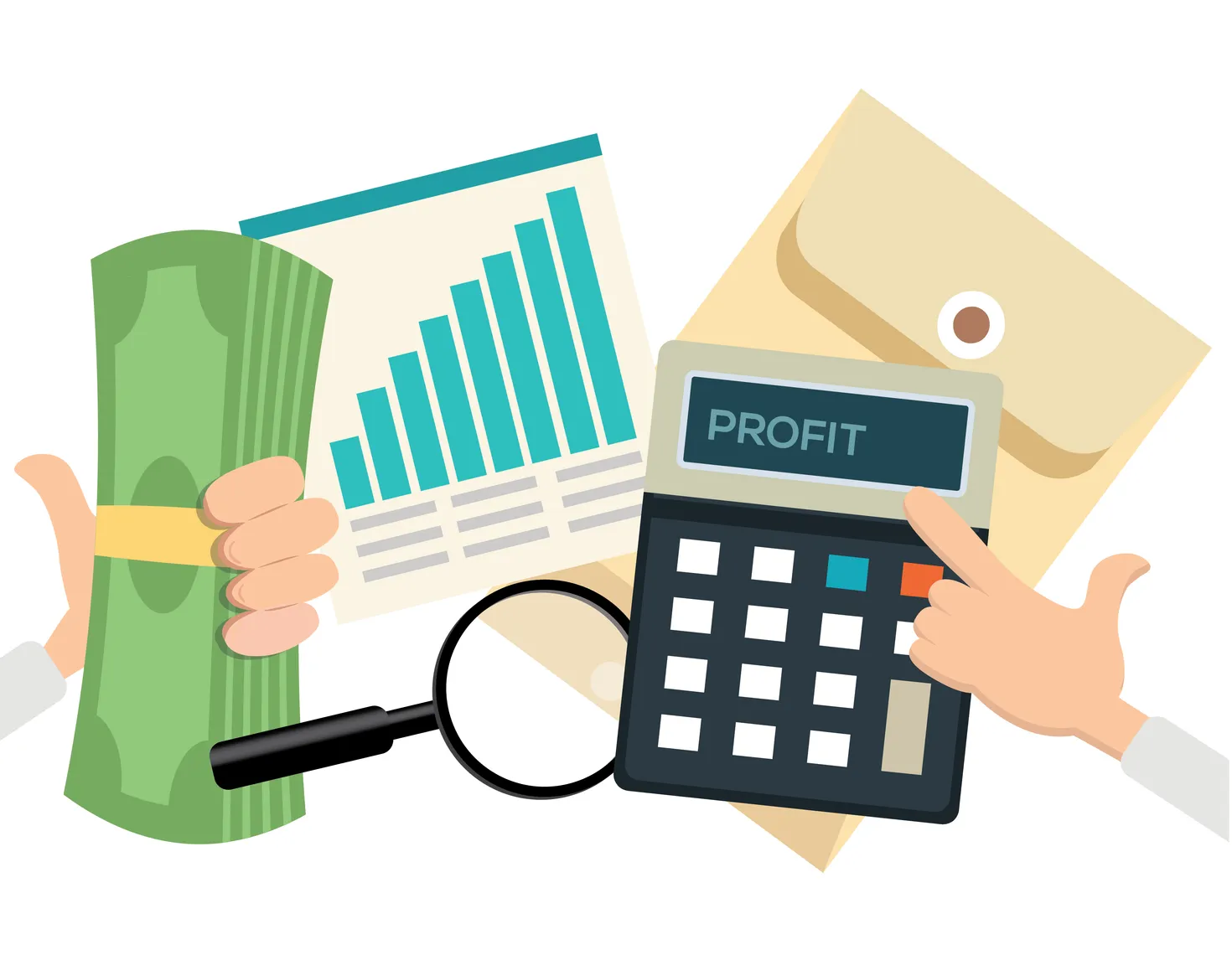What is indirect finance?

This is when a business borrows money from a third party, such as a bank, rather than directly from investors. The company pays the third party interest, which in turn pays interest to its investors or depositors.
Key takeaways
Indirect finance occurs when a business borrows money from a third-party intermediary like a bank rather than directly from investors, with the company paying interest to the intermediary.
Unlike indirect finance, direct finance involves obtaining funds directly from investors, such as through an initial public offering where company shares are offered for sale.
Indirect financing is often quicker for businesses to raise funds because the intermediary handles gathering investors and performing due diligence, unlike direct financing where borrowers must approach investors themselves.
In government contexts, indirect financing involves offering reduced tax burdens rather than collecting and redistributing tax revenue, which would be considered direct financing.
Where have you heard about indirect finance?
If you're in business, you might have heard about direct and indirect finance. Unlike indirect finance, direct finance involves getting funds directly from investors. This may involve an initial public offering, where shares in the company are offered for sale.
What you need to know about indirect finance.
Indirect financing is often a quicker way for businesses to raise funds than direct financing, because the intermediary takes care of gathering investors and performing due diligence. In the case of direct financing, the borrower needs to approach investors themselves, which may increase the time it takes to raise the money. In the context of indirect financing for a government, this involves offering reduced tax burdens rather than collecting and redistributing tax revenue, which would be considered direct financing.